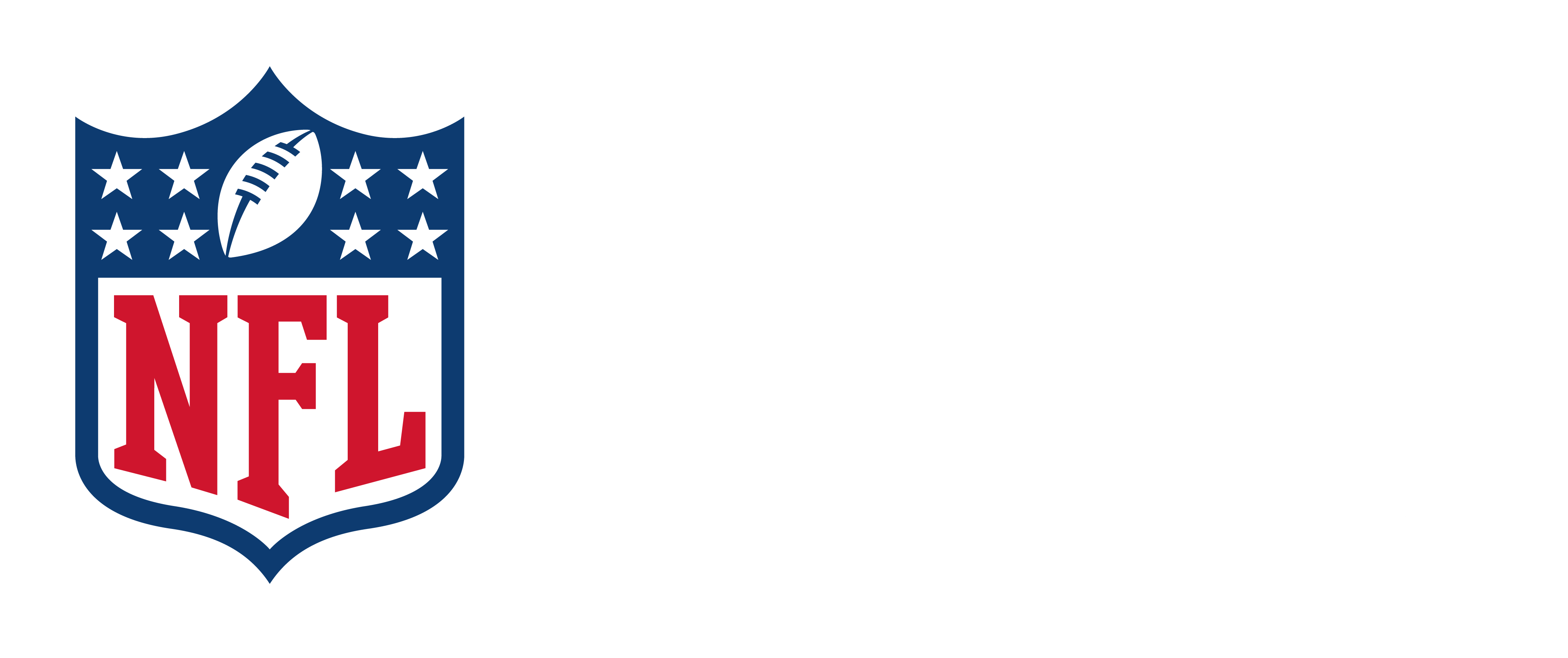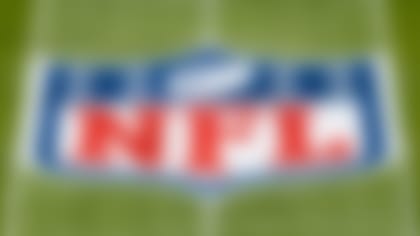Much like NFL teams develop new on-field strategies to keep them ahead of the competition, the NFL continues to build a safer game through new and innovative technologies. The League announced the expansion of its partnership with top Division 1 university football programs to outfit athletes with novel mouthguard sensors to collect data from on-field head impacts. The information collected will inform its effort to decrease concussions and, more broadly, reduce all head impacts.
Four new universities – The University of Florida, The University of Georgia, The University of Pittsburgh, and Vanderbilt University – entered the program this year, alongside the four that joined the program when it launched at the collegiate level last year: The University of Alabama, The University of North Carolina at Chapel Hill, The University of Washington, and University of Wisconsin.
More than 250 players are participating across the eight universities, in addition to identical data collection taking place at four NFL clubs, marking a substantial increase in the amount of data the League collects.
With more information at their disposal, the NFL and NFL Players Association's (NFLPA) independent engineering experts will be even better equipped to analyze and understand the frequency and severity of impacts in games and practices. The data will help inform the development of better performing helmets and other protective equipment, rules changes that make the game safer for players and more exciting for fans, and adjustments to how the game is taught and practiced.
How the Mouthguard Technology Works
The custom-fit of the mouthguards that house the data sensors is made possible by NFL Partner Align Technology. Dental professionals used Align equipment to scan the teeth of participants at all eight universities, which helped with the creation of a personalized mouthguard.
Collecting & Using Data to Drive Health & Safety Insights
The expanded mouthguard program reflects the league's efforts to collect data to inform improvements to player health and safety. For instance, the NFL embeds Radio Frequency Identification (RFID) tags in protective equipment such as helmets and shoulder pads to better understand injuries on field. As players step out of the locker room and onto the field, the tags are detected by radio waves that send data to a central digital inventory management system.
The NFL's wide range of sensor data is analyzed alongside other information – including field surface performance, weather-related variables, player workload and performance data, and video footage – to provide a comprehensive picture of players' on-field experience. Throughout the preseason and regular season, the data is shared with clubs to improve their efforts to help advance safety and keep players healthy during the season.
# # #












